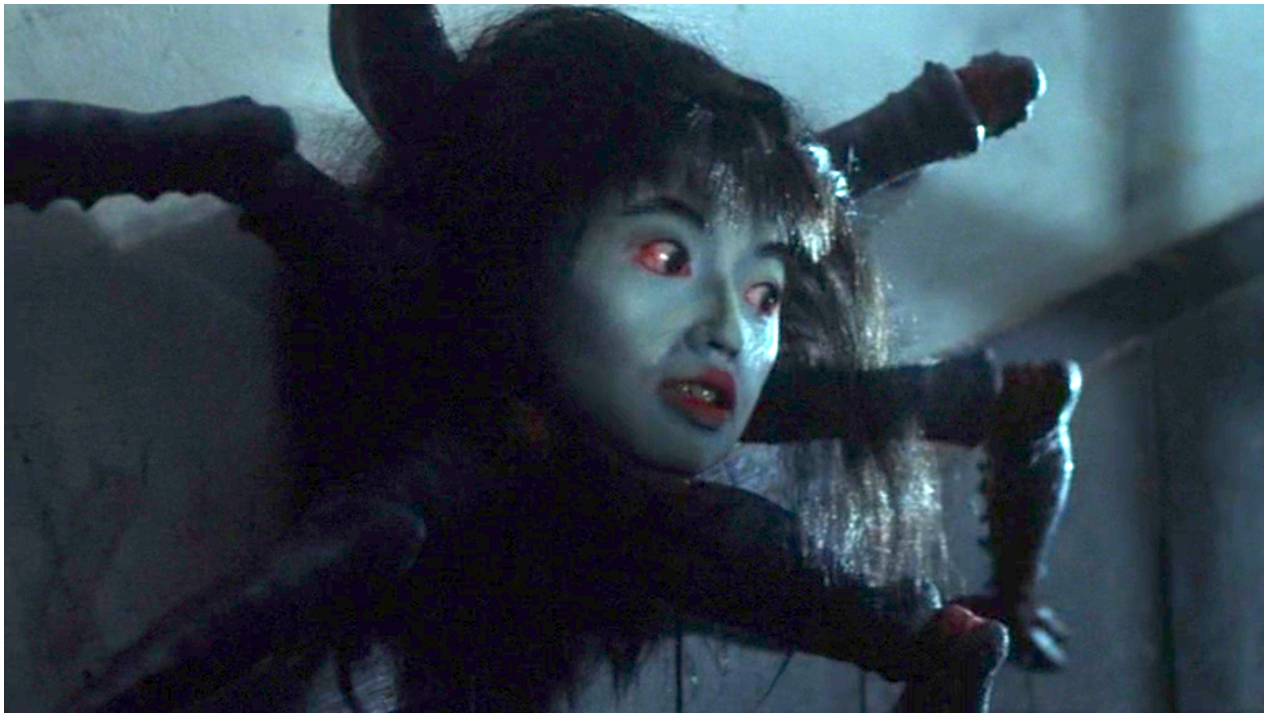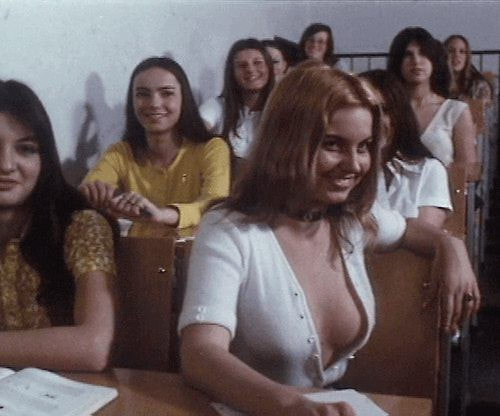
I wanted a Steve Austin Doll so badly when I was little. You could look through his bionic eye and you could peel back his skin to see the electronics underneath, Danny Walkenfeld on the 12th floor had him, and he had candy dishes full of candy in his living room too. The candy was just sitting there every day, out in the open! Oh! and he had The Planet of The Apes Tree House! Life isn’t fair.

I didn’t have The Six Million Dollar Man but in 1978 if I had a couple of bucks I could’ve gone down to 42nd street and seen Rene Martinez’s Six Thousand Dollar Nigger. If you don’t have Danny Walkenfeld’s kind of money you’re gonna need to compromise.
Six Thousand Dollar Nigger is a film about being practical. It is built on the mythology of the “practical” black man. The myth being that even without resources or money, black people can still get along just fine. They may not have the high-class accessories that whitey has but they can get the job done. Back in the 90s, there was a Pine-Sol commercial that featured this friendly, but no-nonsense black woman who spoke right into the camera and gave the news to you straight about house cleaners. The implication being that white people fuss around with fancy, smelly, imported cleaners, but the Pines-Sol lady did not suffer any froo froo bullshit.

The Six Thousand Dollar Nigger uses this same trope. Steve Austin may have been a handsome, white astronaut with a square jaw and blue eyes, but Wildcat Steve was a black, “wino” from the “ghetto” and he’d be your bionic man for $5,994,000 less.
Originally The Six Thousand Dollar Nigger was going to be called Super Soul Brother. It was going to be about a black superman, but somewhere mid-shoot it changed course and became The Six Thousand Dollar Nigger (It still doesn’t feel right typing that word, but the title is meant to be an in-your-face shock of bravado, and if I replace it with “the “N word” it loses its punch.)
The film itself had to have been made on a very tight budget. The editing looks like it was done with a sharpened rock and masking tape. The movie jumps and lurches along as if the projector has a stutter.
The star of the show was the villain’s outfits. I don’t know if he brought his own set of suits or if they budgeted in his many costume changes, but either way, his sartorial splendor was a sight to behold. Whatever he wore he made sure to top it off with a gun tucked into the waist of his pants with the handle hanging out like a shiny brown phallus ready for action.

Our hero, Wildman Steve, had a less spectacular wardrobe but he still got all the ladies as seen in the erotically super-charged sex scene figured below.

Steve is a very interesting character. He’s friendly and likable but his behavior is sometimes very odd. In one of several seduction scenes, he leans in close to his lover and relays a little story, “When I was a little boy, like all the other kids Mama used to wash their back. My Mamma used to wash my butt. I got the prettiest cleanest butt in the world. Every time I gets a shower I don’t want nobody wash my back I wanna butt washin’.” What follows is a scene depicting just that.
In his seduction of a different woman he relates a different tale, ”I gotta way of making a woman feel for me. You know before I got down on my luck I was a player. I used to make my money makin’ love to white women. As a matter of fact, about two weeks ago a white woman walked up to me and said wi-i-i-ild man, I’ll give you fifty dollars to knock me out. I screwed her three times and then I hit her in the head with a brick. I’da shot the bitch if they had promised me 100 dollars.”

This little parable is reminiscent of the “black, brown, white” songs from the 1920s and 30s. Black Jug bands like the Mississippi Sheiks sang songs that would compare the lives or behaviors of white people, brown people, and black people. Here are the lyrics from a song called Be There In The Morning,
A white gal she drives in an automobile
A brown gal do quite the same
Well, black gal drives an old hay wagon
You know she’s getting ‘round just the same
(chorus)
Well, I’ll be there in the morning if I live (If I live)
And I’ll be there in the morning if I don’t get killed (If I don’t get killed)
Said, if I never see you again
Be sure to remember me
(chorus)
Well, a white gal drinks good old whiskey (Yea, She do)
A brown gal do quite the same
A black gal drinks shoe polish
You know she’s getting drunk just the same
(chorus)
Said, a white gal, she’ll beat you, she’ll bop you with a stick
Said, a brown gal do quite the same
Well, black gal’ll take a rusty razor, she’ll run you all over town
You know she’s raising hell just the same
(chorus)
A white gal, she’ll kiss you, she’ll kiss you awful sweet
A brown gal do quite the same
A black gal spit back at you, she’ll snap all on your lips
You know she’s loving me just the same
(chorus)
You can see how the idea of a low budget bionic man or superman fits in the idea of making do with less but making it work. The black gal lacks some grace but she gets the job done.
It’s not exactly the same but when Will Smith is forced to wear the same boring suit that everyone must wear in Men In Black, he turns to Tommy Lee Jones and says “ You know what the difference is between you and me? I make this look good.”

The Six Thousand Dollar Nigger is not as simple as it seems. Two pimpish gangsters hire a sweaty small-person to make a serum that will turn someone into a superman. The scientist manages to make the serum but whoever drinks it will die after a week. Our enterprising gangsters decide to get a “wino” from the street and make him drink it, so he can carry a big safe out of a jewelry store.
Wildman Steve begins the film as a fallen man, an alcoholic on the street. The gangsters ply him with money and women in order to gain his trust, but all the attention allows Wildcat to regain his self-worth. The gangsters want to dupe him for their own ends but Wildcat turns the tables and ends up the victor. Through the chaos, the practical black man finds a way forward.
Meaning and morals are always fraught when it comes to Blaxploitation films. They are mixed bags when it comes to their role in the black community. They provided many black actors, writers, and directors with work and exposure, and provided the black community with images of people who looked like them on screen. Unfortunately often those people were pimps, and whores, and criminals, but they were also strong and independent.
Wildman Steve was played by Steve Gallon, Jr., a man who called himself Wildcat Steve in real life. He was a successful comedian and appeared in other Rene Martinez’s films such as The Guy From Harlem (1977), and Ain’t That Just Like a Honkey! (1976). There is very little information to be had about Martinez as a director. Six Thousand Dollar Nigger is not a good film but has some unexpected moments and enough elements to keep you engaged. The character of Wildman Steve is memorable as a depiction of a black man trapped in a hostel world, who finds a way to not only persevere but prosper.

If you enjoyed this article click here for more
www.filmofileshideout.com/archives/the-thorny-matter-of-coonskin



